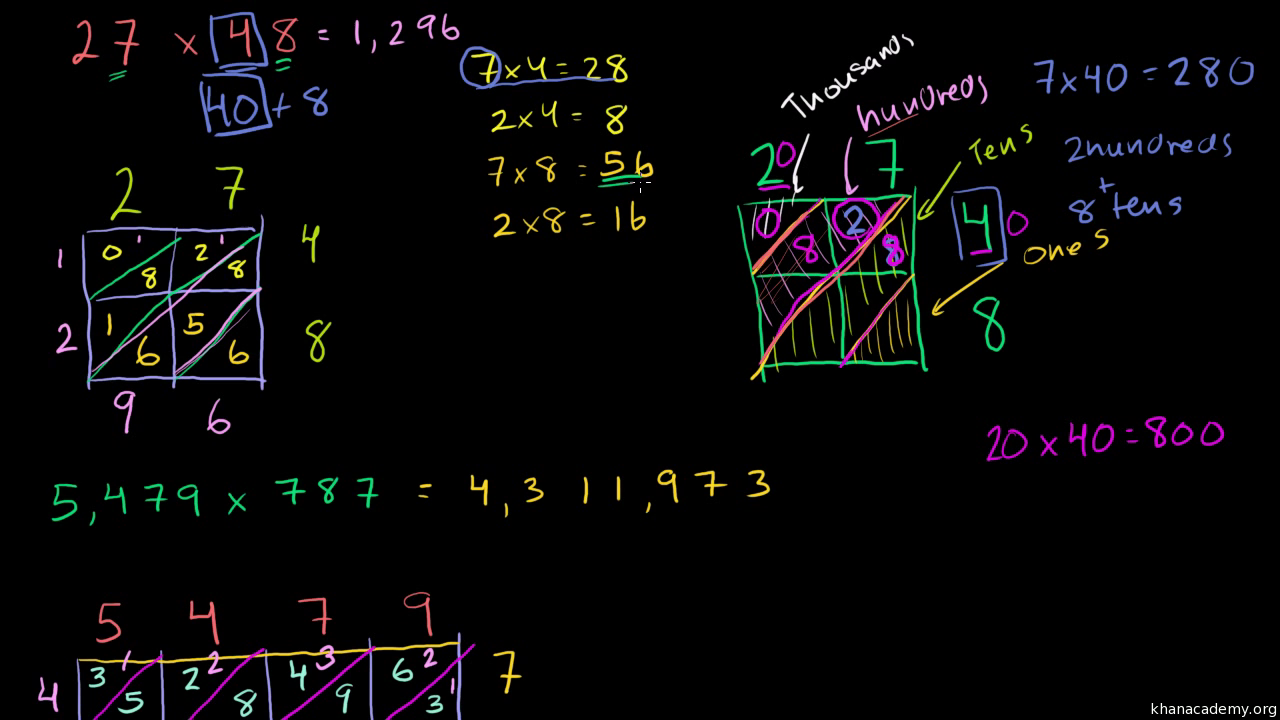

This gives me a occasion to say that the frames of pointless topology are not true "topological spaces without points".

The first to pubblish about geometries without points was probably von Neumann his paper in the PNAS cites ponitless ideas by Alexander, but it seems that topologists waited about 30 years or more to publish something about pointless topology. The results and proofs in point-free topology are mostly lattice theoretic. The notion of a frame generalizes the notion of the lattice of open sets of a topological space. An extreme analogy: try to explain why mathematics is important to a experienced person who lives without mathematics (except the level of money arithmetic) quite possibly, no changes in the style of life will result. This use of lattices is also related to the fact that, even if preorders and lattices appare everywhere, the theory of such structures is not so important: that theory is rarely used to prove things outside itself, one usually prefers other tools and other languages. My half-answer, even now, is to beg the question: with lattices one mainly does not better new things, but a better way to understand and "compact" old things. Birkhoff found the question unhelpful since he found the lattice language so natural that he could not even think of avoiding it.

Birkhoff to his son Garrett: "what can you do with lattices that you cannot do without?" G. )īut even in that decade, there already was the question of G. For finite abelian groups we now know that this works reasonably well, but not perfectly for finite nonabelian groups one simply looses too much information (all simple groups have the same, trivial, lattice of congruences. Interestingly, one name for lattices in the golden decade was "structures", since one hope was that the structure of groups (and other algebraic constructs) will be fully discovered by studying the lattice of congruences. Infact even McLane worked around 1930-35 in matroid lattices and semimodularity (exchange axioms) when he invented categories, his interest in lattices had waned out, and he considered lattice theory a too specialized subject with too specialized questions. It was not unfashionable at one time to work in lattice theory (if we use the "definition" that important mathematics is the mathematics done by important mathematicians). It has been remarked that Rota liked to be provocative I also will try to be such. (However, it might also be that fragmentation and decentralization will size down also hopes for category theory or any other presently emphatized subject). In the remainig part of this answer, comments to parts of other answers are used to show possible reasons of even less hopes for the future. And then compare these hopes with the subsequent admissions that such big hopes did not materialize: see the introduction to the second edition of Birkhoff's book (and the even more downgraded hopes in the third edition), and the reports at further symposia in lattice theory. For the "simpler question": yes, in the decade 1930-1940 the (not many) pioneers of lattice theory had big hopes one can read their hopes in the Bulletin AMS of 1938 for the first symposium in lattice theory, and the introduction to the first edition to Birkhoff's lattice theory book.


 0 kommentar(er)
0 kommentar(er)
